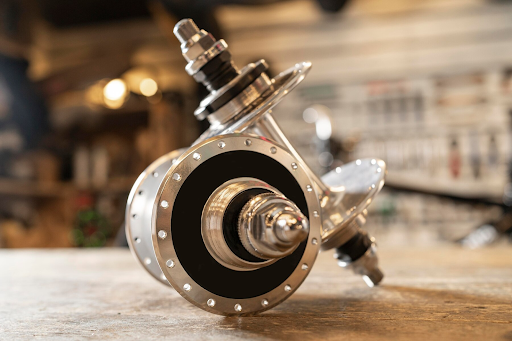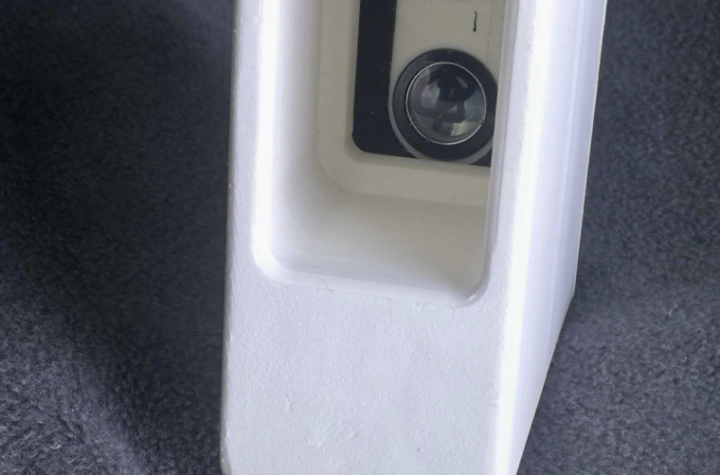
Addressing a defective aged catalytic converter necessitates thoughtful action. Within the complex architecture of a vehicle, each element, susceptible to the ravages of time, plays its role. Unlike expendable components that can be simply thrown away, the catalytic converter demands a more nuanced approach. Although its pivotal role in emission control is widely recognized, the appropriate steps to take upon its failure might not be as well-known.
Hasty disposal is ill-advised; instead, investigating avenues for its sale is a judicious move, with further insights provided in the continuation of this article. For example, you can find BMW catalytic converter scrap price AutoCatalystMarket and find a buyer.
Utilizing Online Marketplaces
A less apparent yet increasingly favored approach in the US for handling old catalyzes involves leveraging specialized online platforms. AutoCatalystMarket is one such example, offering a facility to estimate potential earnings from the sale in advance.
The process is straightforward: register on the platform, utilize an online valuation tool to gauge its worth, and then scout for potential purchasers, ranging from private individuals to recycling entities.
The advantages of this route include:
- Eliminating the need for physical searches for a buyer, thereby saving time and effort.
- Bypassing concerns about the proper ecological disposal of the catalytic converter.
- Streamlining the search for a purchaser.
While this method stands out for its efficiency, other alternatives are worth exploring.
Engaging Direct Buyers
An alternative is to directly seek out someone interested in purchasing your catalytic converter. Inquiring among acquaintances for potential leads is a straightforward but often less fruitful strategy. Given its niche appeal, especially when malfunctioning, this part is not universally sought after.
Visiting Scrapyards
Scrapyards represent another viable channel, accepting a wide array of metallic items in exchange for compensation. Their widespread recognition and availability make them a go-to option for many looking to offload automotive parts. The primary advantage here is the non-discriminatory acceptance of metal-based items, regardless of their intrinsic value.
However, this method has its drawbacks, primarily due to the subjective nature of the appraisal process at such facilities, leading to potentially unfair valuations and underpricing, especially for catalytic converters that still hold significant value.
In conclusion, online platforms emerge as the superior choice, offering objective valuations based on the condition, composition, and market value of the metals within the converter. Market dynamics and metal prices on the stock exchange play a role in determining its worth, but these factors transparently influence the final price. This knowledge equips you with the understanding needed to dispose of an old catalytic converter beneficially.











More Stories
EV Charging – ZOOZ Power’s Udi Tzuri on Flywheel Technology, Grid Solutions and Global Expansion
ENNOVI Introduces a New Flexible Circuit Production Process for Low Voltage Connectivity in EV Battery Cell Contacting Systems
ENNOVI Revolutionizes Battery Technology with the Introduction of ENNOVI-CellConnect-Prism